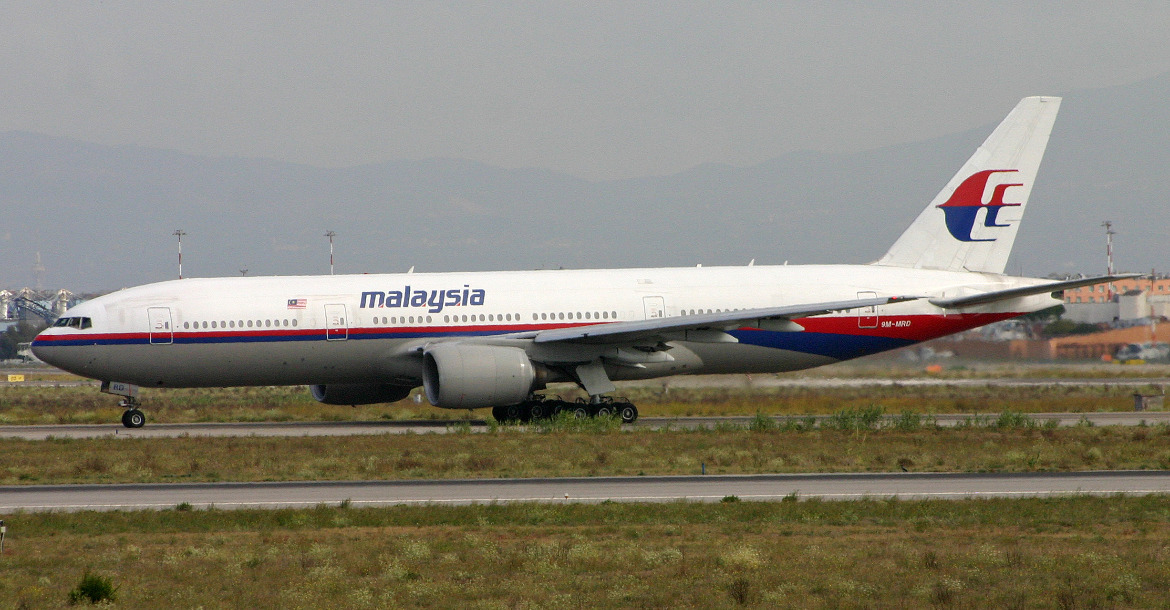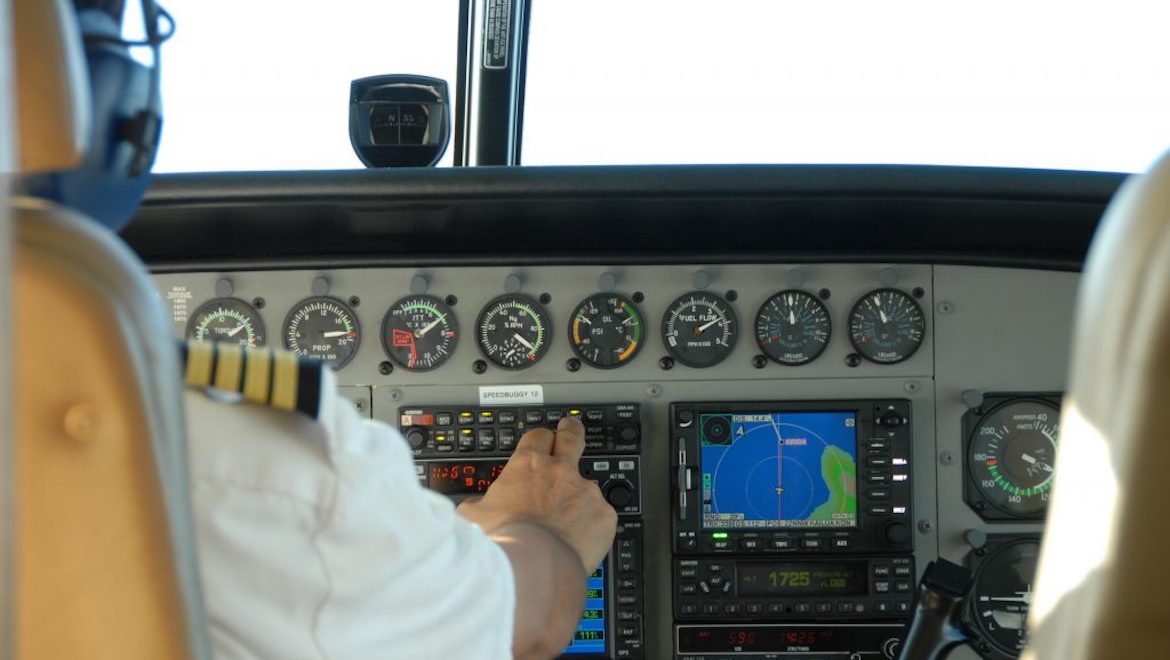
Russia has refused to acknowledge the guilty verdict handed down in a Dutch court to three defendants found guilty of shooting down flight MH17.
The Dutch government summoned Russia’s ambassador after the Russian foreign ministry rejected the guilty verdict and claimed the life sentences were “scandalous.”
Russia has refused to extradite the convicted men, claiming that to do so would be illegal under Russian law.
The three men, Russian nationals Igor Girkin and Sergey Dubinskiy and Ukrainian Leonid Kharchenko were found guilty of murdering the 298 people on board flight MH17 which was shot down by a Russian surface-to-air missile while flying over eastern Ukraine in 2014.
The court also confirmed that the three were members of the self-proclaimed Donetsk People’s Republic, a pro-Russia separatist group which is known to have connections with the Russian government. The court couldn’t determine the motive behind the attack, however, it concluded that the BUK missile used was brought to Ukraine at the initiative of Dubinskiy. Dubinksiy was a commanding officer within the illegally occupied Donetsk People’s Republic (DPR) in eastern Ukraine.
Russia has also alleged that the case was “politically motivated” and has claimed that the verdict was biased on the virtues of the Dutch prosecutors.
It has claimed that the conclusions from the Dutch Court were based on anonymous witnesses and data of “a dubious origin” from Ukraine’s Security Service.
“This is a very important message: we remain disappointed that Russia was not able to be involved and was not allowed to join the investigation that was conducted,” claimed a Russian Presidential Spokesman, Dmitry Peskov.
“We are certain that the decision to bar the Russian side from the investigation at a minimum did not contribute to the probe’s impartiality.”
A statement made on the Dutch Judiciary website read: “The court has no doubt whatsoever that the MH17 was hit by a Buk missile fired from this farm field.”
“This is clear from photographs of a smoke trail in the sky, statements by a protected witness, satellite images, intercepted telephone conversations and transmission mast data, photographs and videos of a Buk Telar being brought in and removed, and examination of fragments in the remains of a crew member and in the truss and the groove of the aircraft.”
“Investigation in the Netherlands and abroad has not revealed any traces of evidence tampering. Alternative scenarios, for example, that the Buk missile was fired from a different area, are ruled out based on the evidence.”
Families of the victims killed in the attack made statements after the verdict originally was released, claiming to have made peace with the fact that the three men may never serve their sentences but were relieved to know the truth has been spoken.





